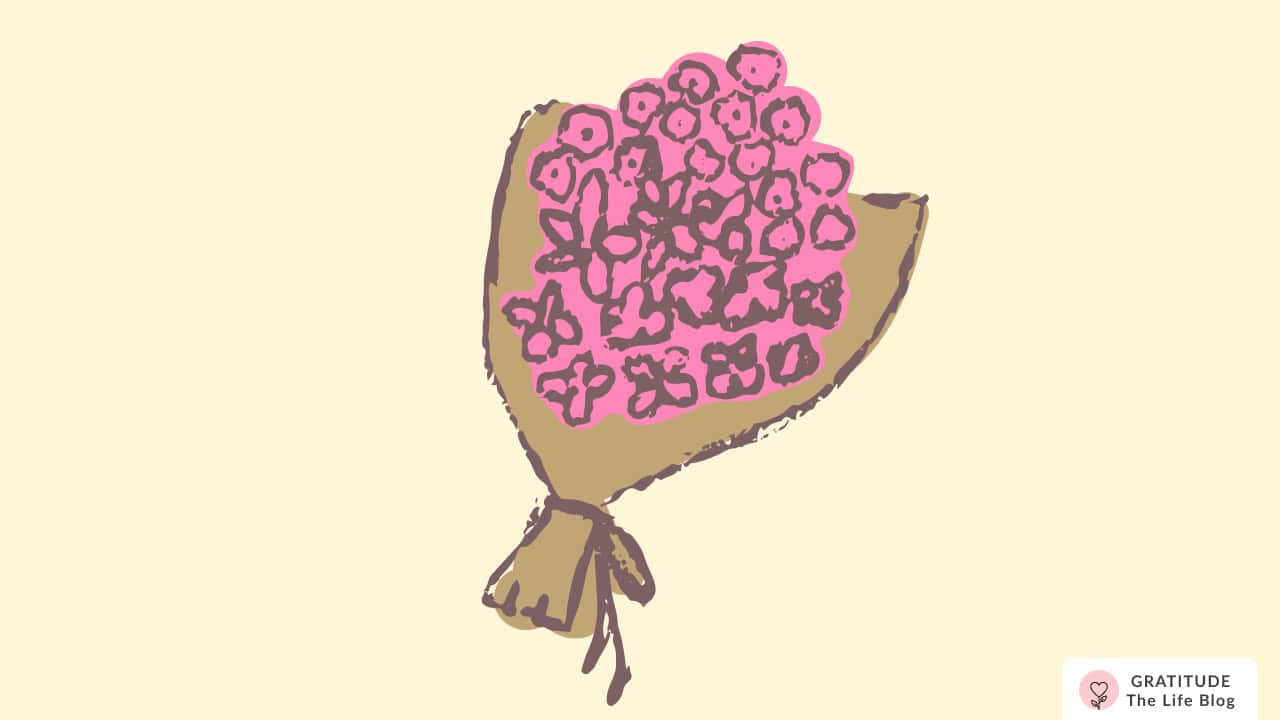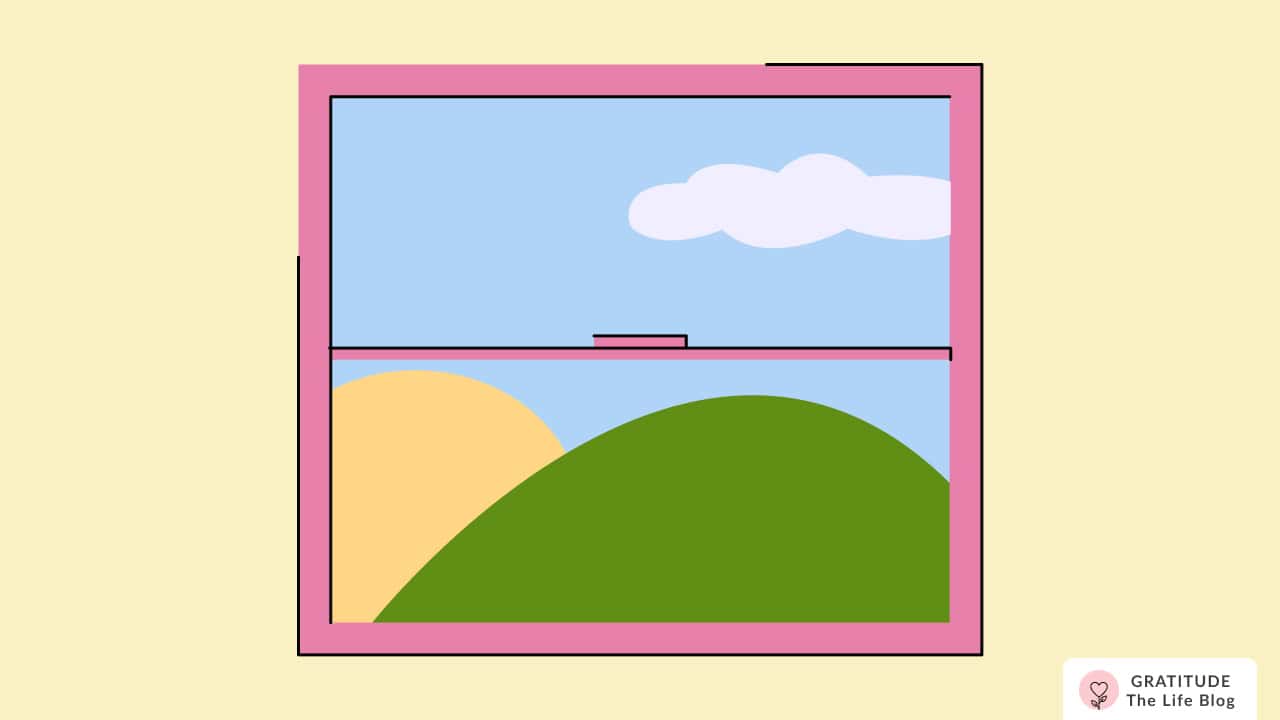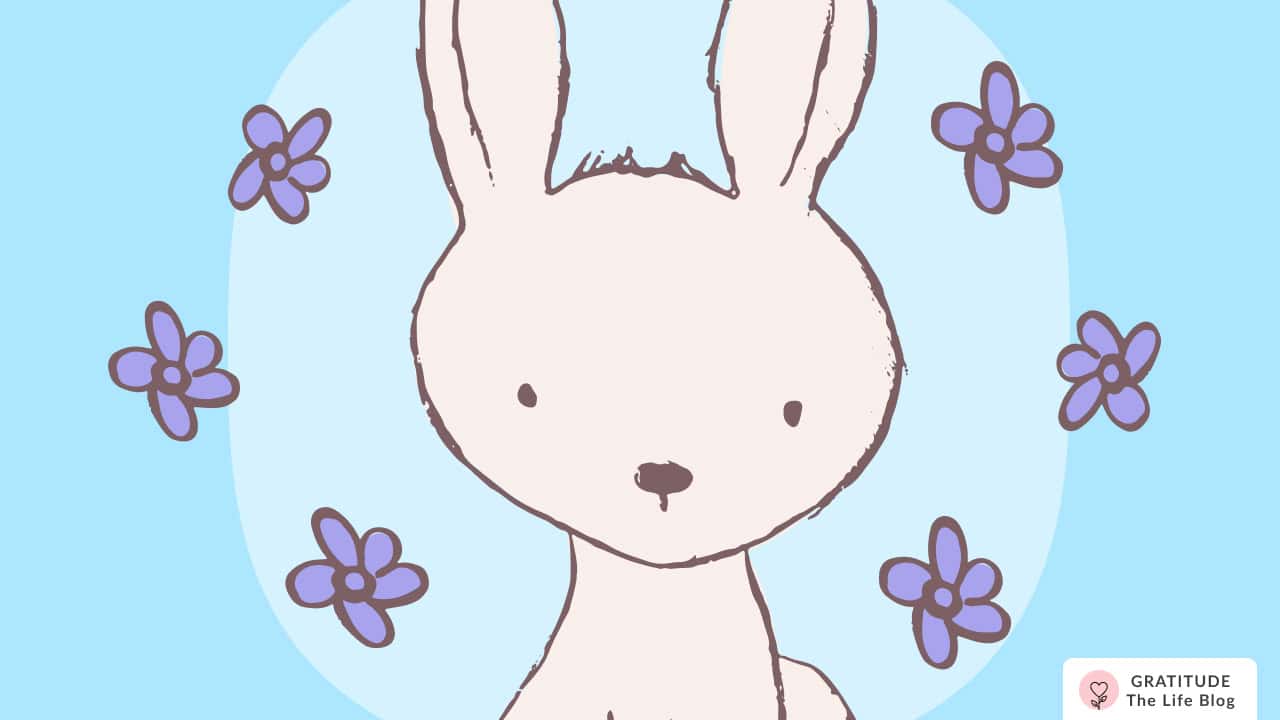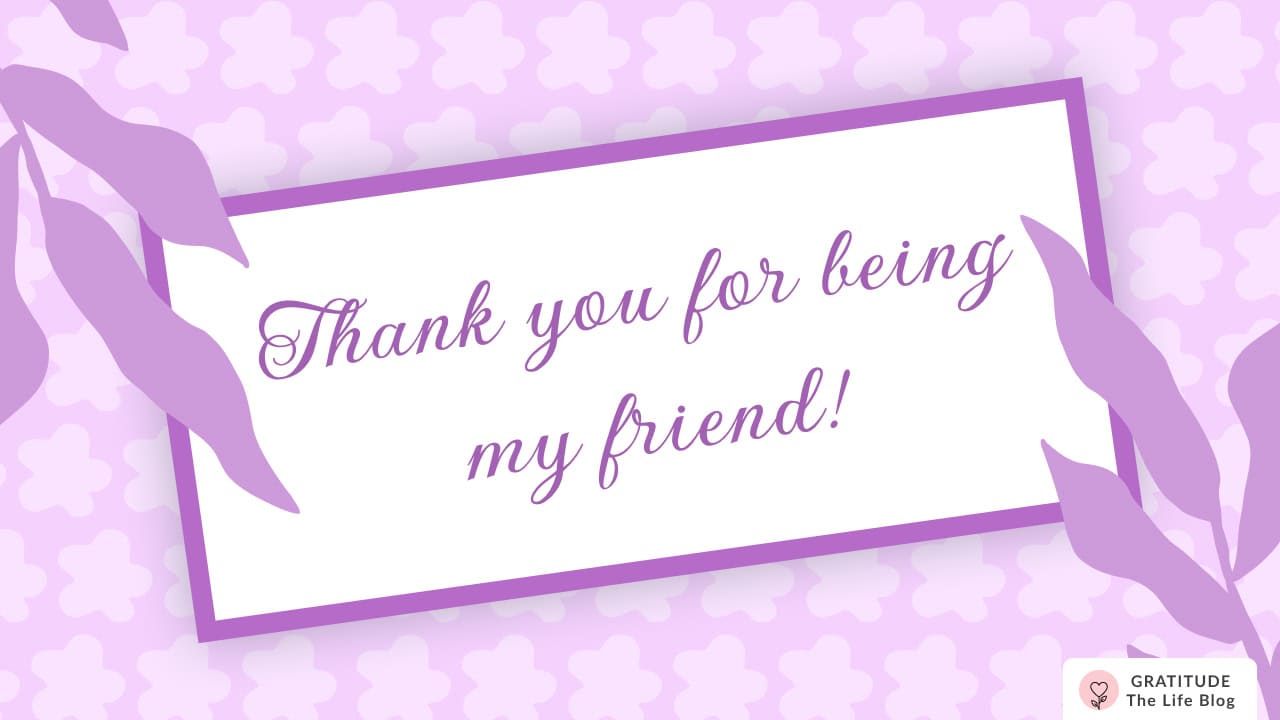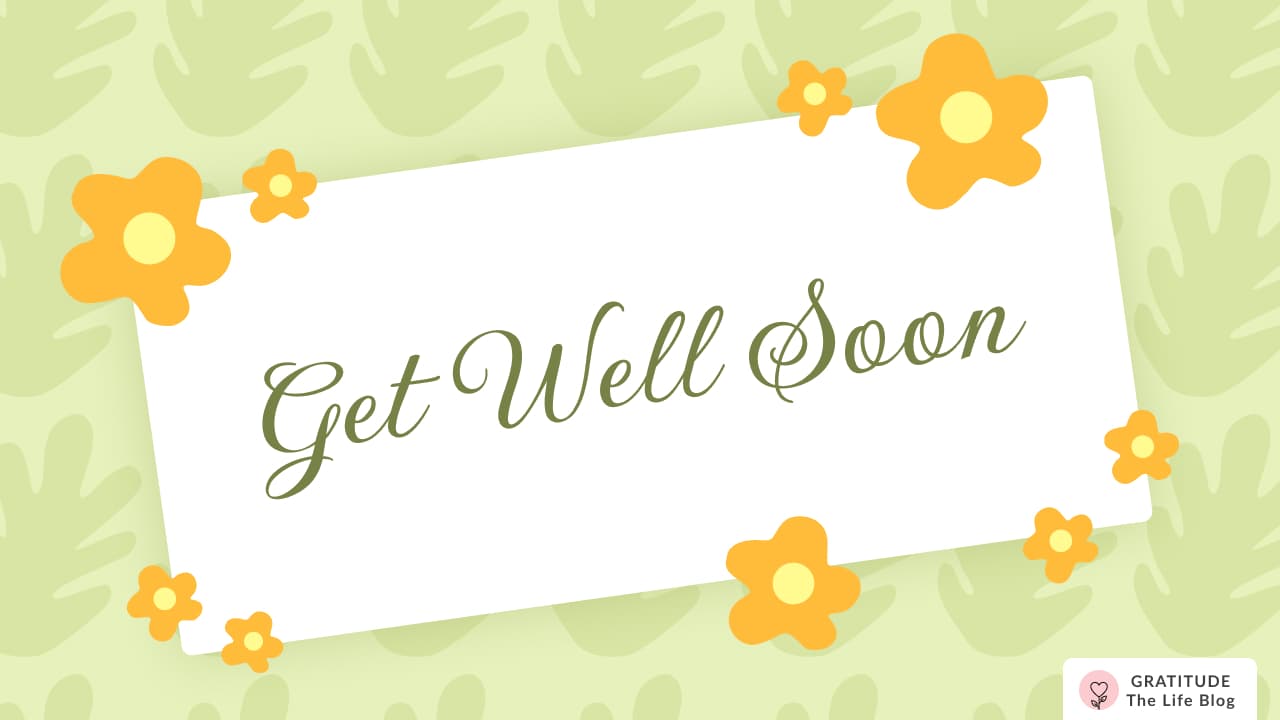12 Journaling Tips for Beginners: How to Start Journaling Today
Get ready to ace journaling!

I’ve been journaling for quite a few years now. It is something that has come naturally to me as I’ve always been comfortable with using words to express myself. It has helped me feel calmer, understand myself, and ultimately know what I want in life.
I often talk about it with people, but a lot of times when I’ve recommended my friends to try it out, I’ve heard, “I don’t know what to write about” or “I don’t have time for it”. And, these are quite fair concerns.
How the hell can someone make time for writing when they’re already exhausted from everything else? How do we write when there’s just nothing coming out of us? It’s not always easy to write or feel encouraged to.
But, I still know that we can journal despite these reasons, because I’ve faced them. There came a time when I truly understood what my friends meant about journaling. But I still do journal.
In fact, I have one open next to me. So, today I want to share 12 journaling tips with you that will help you look forward to journaling instead of dreading it or not wanting to do it altogether.
12 Journaling Tips for Beginners
1. You don’t have to follow others
The first thing I want to tell you is that you don’t have to do what others do forcibly. If you happen to like journaling in the morning like someone you saw on Instagram, great!
But, don’t do it if it’s not fun for you or if you don’t enjoy it. Journaling is an activity that you should find useful. Sure, it’s not pleasant to write dark truths about your thoughts, but if you feel at the end of it that it was time well lived, then it’s great.
- You don’t have to journal every day
- You don’t have to write long paragraphs
- You don’t have to write beautifully
- You don’t have to be cohesive
- You don’t have to write at a particular time only
- You don’t have to write at a particular place
You just have to write, however, wherever, and whenever.
2. Figure out your reason to journal
Sometimes when we start a new project, it’s the excitement that carries us initially. But when that gets stale, it’s not as natural to keep going.
In times like this, it is supremely important to anchor ourselves to the reason for beginning that project in the first place.
So, why do you want to journal? Maybe it’s because you want to manage your emotions better, maybe it’s because you want to keep a memory of your life, maybe it’s to express gratitude, maybe it’s to write about your goals and progress on them, or maybe you want to feel more centered in your day to day and have a safe place to be honest.
Have a strong reason to inspire yourself and write it on the first page of your journal so you can refer to it easily. A strong ‘why’ gives meaning to endeavors, projects, relationships, suffering, and keeps us going.
3. Get a journal you like
There are mainly two ways you can go about this: digital and physical. A digital journal has the benefit of being portable, private, have reminders, personalization, prompts, and more. It’s super easy to use.
On the other hand, physical journals have the benefit of sensory connection, you hear your pen write, touch the pages, it’s your own handwriting, and it feels much more personal.
So, the choice is yours. In fact, you can keep both type of journals. I do that too. I have my Gratitude app on the phone and multiple physical journals. I use whichever feels right in the moment and it works out great for me.
Make sure that the journal you choose is special to you. Use it specifically for journaling. It should have sanctity. The pen you have should be delightful to write with, smooth, firm to hold, and the ink’s color as you like it
Even in a digital journal, place it in a prominent place on your home screen, set reminders for times that suit you. Give journaling a good place in your life.
4. Keep your journal close
I think a very important part of doing something is for it to be easy to do. For example, if the light switch is farther away in the room, we feel less inclined to turn it off, but if it’s next to us, we do it in a second.
Similarly, for people who forget to drink water, having a water bottle next to us really helps before it’s right there! In fact, I just took a sip ;)
In journaling too, having your journal close to you makes it easier to write in it. Of course, there is the part about remembering to do it and knowing what to write, but right now, as my journal is kept open next to me with the pen on top of it, I can write right now. There’s not a lot of space between us.
When I go out too, I take a small notebook in my bag, and of course, my Gratitude app on my phone, so the problem of having the space to write easily is solved. So, try to keep your journal in sight, easy to pick up and write whenever you want.
5. Set a small goal
When you’re starting or making time for something in the midst of a lot, don’t burden yourself with something that should ideally be pleasant for you.
On the days I set a long list of heavy tasks when I already feel spent, I don’t end up doing much. So, keep a small goal with a journal.
Maybe that’s why we feel we don’t have time for journaling because we imagine it to be a ritual as we a lot of influencers show. Sitting in a quiet place for half an hour in the morning. Not all of us can do that, and not every day.
So, ask yourself what you can do. If it’s twice in a week, on the weekend, for a few minutes, that’s okay! It really is about making this work for you in your life, and not trying to carve out a neat space that isn’t feasible.
You can always make more time for it in the future, if possible. But, for now, do what you can, that’s always a great thought. Do what you can.
6. Let yourself be free
Often, our obstacles are created when we try to have everything sorted out before it has had the chance to begin. In journaling, let’s let ourselves be free to write whatever we want to.
Even if you write, “I don’t know what to write. I don’t know how I feel”, that’s okay. Journaling is writing our thoughts on paper, and our thoughts are not organized. A great way I usually start my entries is firstly just not think about what I’m going to write about and instead just start it.
And, how it usually starts is “I am feeling… about…” or “I am in my room right now… This morning…” and I just keep going. I jump from one topic to another. There is often unsurety and of course, it’ll be there.
How many things are we sure about every day? Thoughts and feelings come and go, with journaling, we help ourselves manage them and know better with time.
So, it’s okay if your journal is not pretty. Just write, forget about neatness, grammar, punctuation, and structure. Just write as you want to, and if you like it, doodle too. It’s your journal, it’s not for anyone else.
Be honest with yourself. Let yourself express even the darkest thoughts. Don’t judge yourself for what you’re writing when you’re writing it. If it’s something you want to focus on more, take it up with a friend or a therapist. Just let there be no reins in your journaling space.
7. Use prompts for ideas
This tip never goes amiss. On Gratitude Day last year, we held an event at our coworking space where we put up a Gratitude Wall for people to stick their gratitude notes to. To help them, we put up a bowl with slips of paper having gratitude prompts. I kid you not, by the end of the day, the whole wall was full!

We are sure it was because of the prompts because the last time there weren’t any prompts and the wall wasn’t filled up.
So, whenever you’re out of ideas to write about, take the help of prompts to spark a thought in your brain. Here is a list of prompts to inspire you:
- What are you grateful for today, no matter how big or small it may seem?
- What's something you learned from a recent challenge or setback, and how can you use that knowledge to grow?
- Who has made a positive impact on your life, and how have they influenced you?
- What have you accomplished recently that you're proud of, and what did it take to get there?
- What's something in nature that you find inspiring or beautiful, and how does it make you feel?
- Think about a time when someone showed you kindness. How did it make you feel, and how can you pay that forward to others?
- Reflect on a time when you helped someone else, and what impact did it have on you and them?
- What's a favorite food or meal that brings you joy, and why is it special to you?
- What are you looking forward to in the near future, and how can you prepare for it?
- What possession do you cherish, and why is it important to you?
8. Try gratitude journaling
I told you that I keep multiple journals, right? One of them, one I’ve been most consistent at, is my gratitude journal. So, even if you’re not really interested in putting your thoughts on paper, a gratitude journal is useful for anyone and everyone.
Some of the benefits of being grateful include:
- Increased feelings of happiness: When we focus on the positive aspects of our lives and express gratitude for them, it can boost our mood and increase our overall sense of happiness.
- Improved sleep: Research has found that people who practice gratitude journaling before bed tend to sleep better and feel more refreshed in the morning.
- Reduced stress: Gratitude journaling has been shown to lower levels of the stress hormone cortisol, which can have a range of negative effects on the body and mind.
- Increased resilience: When we practice gratitude regularly, it can help us build resilience and cope more effectively with difficult situations.
- Improved relationships: Expressing gratitude for the people in our lives can help us feel more connected to them and strengthen our relationships.
The simplest thing you can do is set a goal of writing 3 things you are grateful for 2 days a week. Marcus’ story is a great example of how profoundly gratitude can help us in our lives.
9. Do it with a friend
If you have a friend who might be interested in keeping a journal, you can do it with them. And, I don’t mean to share your entries with them, but your plan.
You can both keep each other motivated and share your experiences. If you want to write on Tuesday, your friend can catch up with you about that and you can do the same. It may turn out to be more fun than doing it alone.
10. Track your habit
Similar to a friend keeping you accountable, you can do the same for yourself by tracking your habits. Either by a habit tracker app or a simple habit tracker page that you stick in your bedroom, check whether you’re keeping up with your goal or not.
It’s important to keep the important items visible. So, if you see that you’ve set a goal for yourself for the week, it’ll be on your mind to do it.
A great way to build a habit is to make it blend into your life. When I was studying, I made a habit that after I brushed my teeth at night and lay on my bed, I would pick up my diary and write in my journal.
I later learned that what I was practicing was called habit-stacking. In this, you add a behavior you want to create by stacking it before or after on you already have.
11. Choose a place to write
These journaling tips are inclusive to all types of people. So, I am going to give tips that may work for some people and some that work for others. Maybe you don’t want to have any boundaries to when and where you write and if that helps you out, cool!
But, if you’re trying to figure out what works for you, try and find a dedicated, calm space to write. For me, it has always been my bed. I live in a small house so it’s the one place that’s totally mine and where I feel most comfortable.
You can figure out where this can be for you and also fit into your schedule. If you do an activity regularly where you are alone, maybe that’ll be a good time to write, that could be during your commute, lunch break, before you sleep, before your morning walk, after dinner, or another time. It’s really up to you and your lifestyle.
12. Set reminders
Another thing you can do is set reminders on your phone for journaling. Sometimes, that’s it, just that reminder at the right time.
We have so much on our minds that it’s easy to forget to do what we’re not used to, and sometimes even for things that we are.
I send a prompt every day on our gratitude journaling group on WhatsApp but I would still forget to do it if it wasn’t for my reminder at 12 PM. I use the app TickTick for my tasks and it has helped me be consistent with this group.
Also, it’s best to do the task as soon as the reminder comes on. I have experienced too many times how I see the reminder, thinking I’ll send it soon, only to forget and remember a few hours later.
And, that’s it! These were the 12 journaling tips I wanted to share with you. I hope you really enjoy journaling in your life and cherish it as much as I do. I wish you the very best!
Continue Reading: 130+ Journal Prompts for Adults





